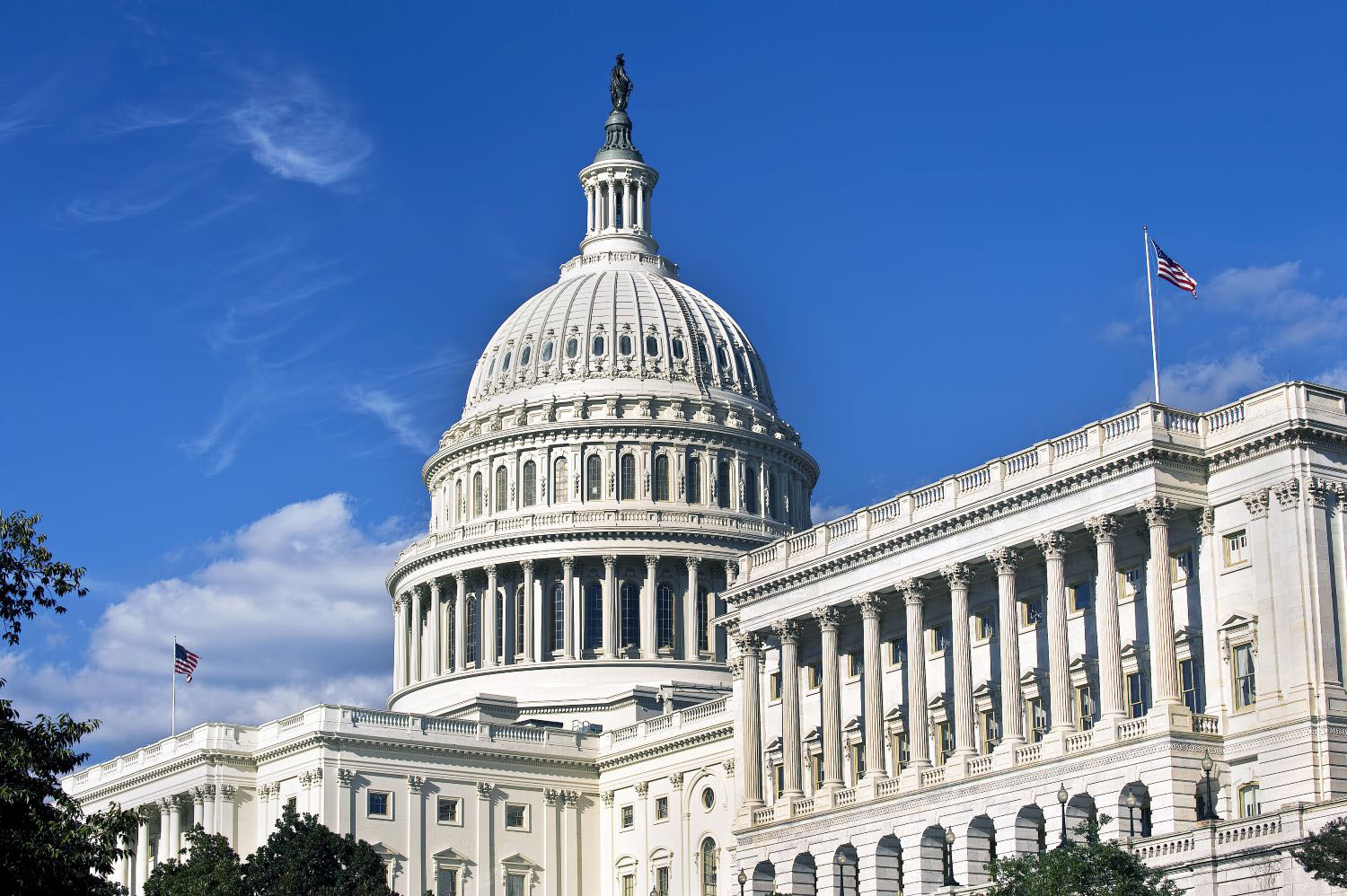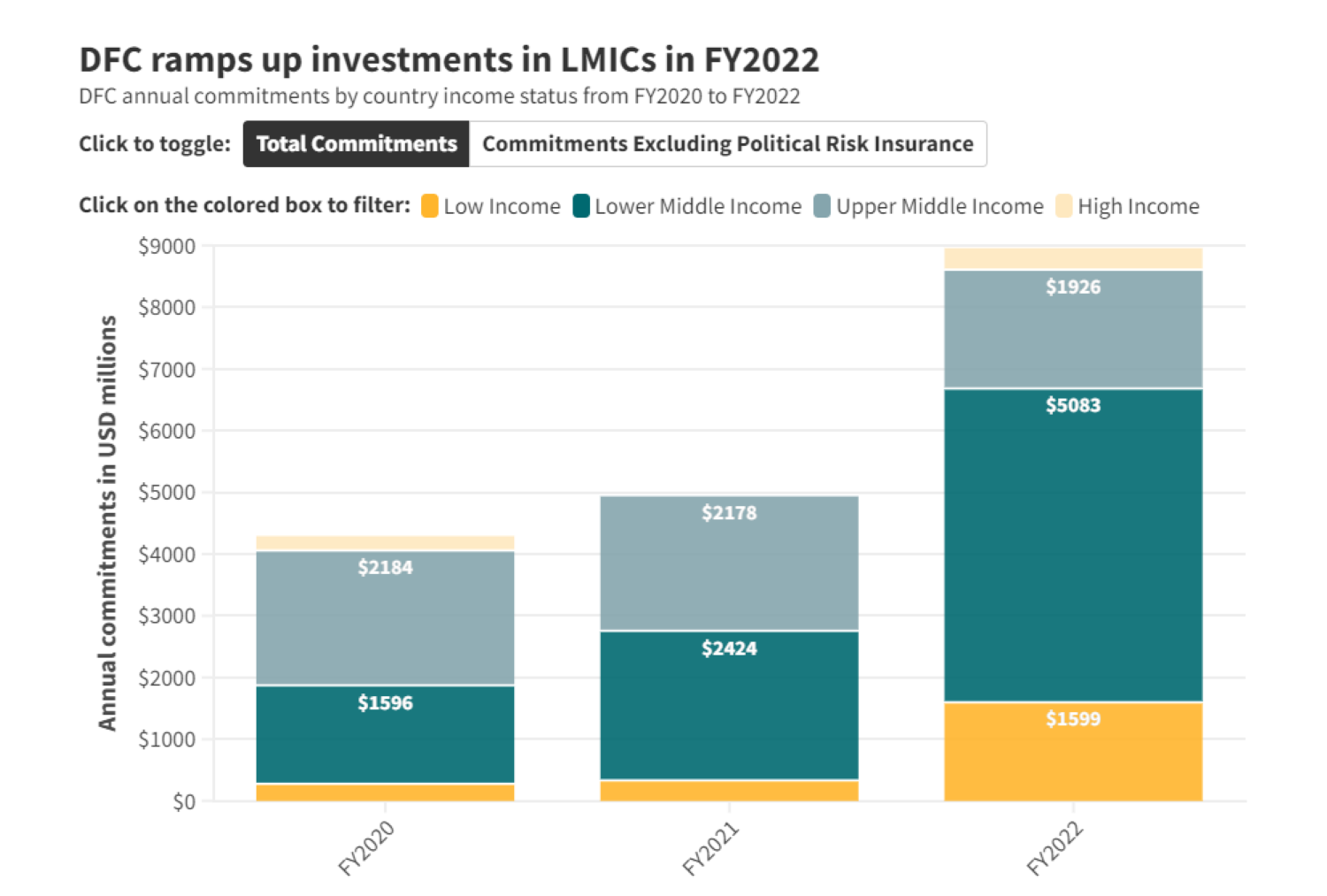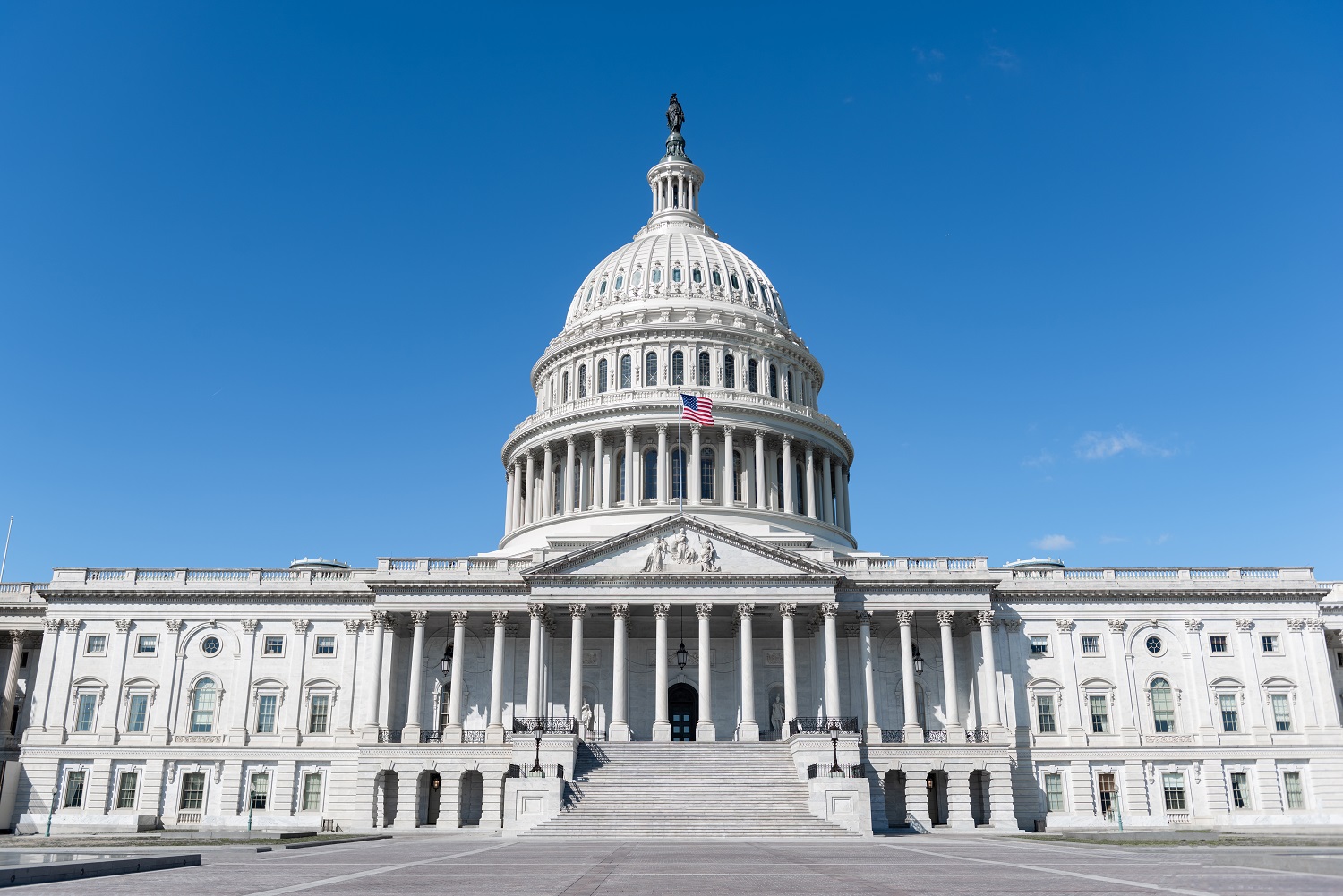In times of fiscal constraint, the U.S. Government should be maximizing those development and policy instruments that don’t require congressional appropriations. Top of this list should be the many private sector tools, such as Overseas Private Investment Corporation. OPIC not only helps to crowd-in private investment and build markets abroad, but it is a
net positive for the US budget (the FY11 budget request estimates OPIC will contribute $189 million).
Two recent events make it extremely timely for senior policymakers to focus more on how to bolster and get more out of our private sector tools:
- House Budget Chairman Paul Ryan (R-Wisconsin), today proposed that President Obama’s international affairs budget request be cut by over 40 percent ($36 billion versus $63 billion). While some of those cuts relate to things like embassy construction, staffing, and other functions; Representative Ryan’s blueprint would slash the development assistance programs. Whatever the final outcome, the aid budget is going to shrink.
- In the recent State of the Union, President Obama pledged to produce a plan to “merge, consolidate, and reorganize” the various federal export promotion agencies. (And here’s Ben’s post on why it would be a mistake to absorb OPIC into this exercise.)
In response to both, we want to throw a new idea on the table:
create a U.S. Development Bank. In this draft 3-page proposal, we argue that the current fragmented system means the United States is both losing out on potential commercial opportunities in the next wave of emerging markets and neglecting a key lever to support stability and prosperity abroad.
A USDB, built around OPIC as the core, should have bipartisan appeal: To Republicans it can promote businesses while (modestly) shrinking the budget deficit and gaining efficiencies from consolidation. For Democrats, it creatively supports the development and national security agenda at a time when traditional public aid is being cut and the administration is struggling to minimize overlap.
We welcome reactions to the draft proposal. As we further develop the idea, send us your objections, support, and suggestions for ways to make it better.
CGD blog posts reflect the views of the authors, drawing on prior research and experience in their areas of expertise.
CGD is a nonpartisan, independent organization and does not take institutional positions.





